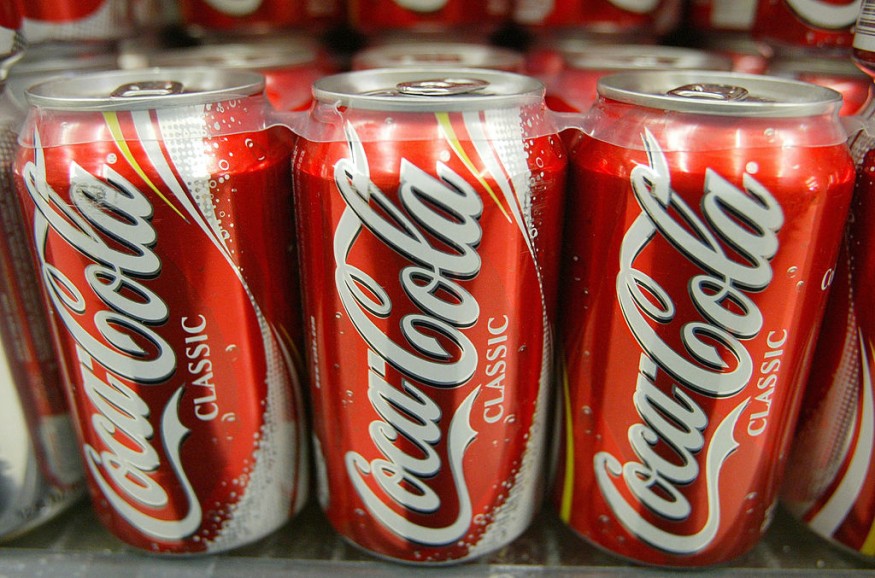Is your refrigerator stocked with Coke, Sprite, or Minute Maid? After two Coca-Cola recalls, you might want to double-check the labels. Some of the products were recalled because they might include extraneous things like metal bolts or washers.
Coca-Cola spokesman Ann L. Moore said the recall was voluntary and only affected a small number of refrigerated items. According to Moore, the voluntary recall in the impacted retailers began on November 10 and is virtually complete.
USA Today said the recalled items were sold in Connecticut, Maine, Maryland, New Jersey, New York, North Carolina, Pennsylvania, and Virginia. The product's expiration date is set for 2022, so it may still be on people's shelves.
According to Moore, the FDA classified the recall as a Class II occurrence, which means that exposure to the product might result in transitory or medically reversible health effects. Class II recalls have a low risk of major health effects, but the FDA advises consumers to proceed with care.

Think Twice Before Drinking Minute Maid Products
According to a report from Food Safety News, a recall has already been issued for numerous Minute Maid products in eight states due to the discovery of metal items in the drink. Minute Maid is a well-known Coca-Cola trademark. Other Coke products have been recalled in the last month due to foreign elements discovered.
- Strawberry Lemonade - Date code: Jan0322 NP, Batch: 0010259346 (recall F-0277-2022)
- Fruit Punch - Date Code: JAN0522 NP Batch: 0010323454 (recall F-0278-2022)
- Berry Punch - Date codes Jan0422 NP and Jan0522 NP, Batch 0010323455 and 0010259344 (recall F-0276-2022)
Foreign Materials, Metals Found in Coke Products
Earlier this month, Coca-Cola announced a recall on many of its products, including in-can sodas from its standard beverage range. That includes the Coca-Cola and Sprite beverages that were found to contain foreign elements, prompting a recall.
- Coca-Cola 12 ounce cans: Date Code: AUG 1522 WM B
- Sprite 12 ounce cans: Date Code: AUG 1522 WM B
- Coca-Cola 12 ounce cans: Date Code: AUG 1522 WM C
Before ingesting these products, make sure to read the labels to avoid any difficulties or health concerns that might lead to future hazards or dangers.
Recalls: Foreign Contaminants on Food
Different processes are involved in testing food before it is put on the market. Because they are done in batches, some products pass the test without being thoroughly examined for any potential health risks. Phys.org said health specialists had developed bacteria detectors for dairy products to avoid eating these potentially dangerous components.
In today's food, health, and technology world, even meat is available in 3D printed copies of the genuine thing, which may or may not taste identical to the real thing. It may fool someone into thinking it is real meat until they read the label for details, revealing what it comprises.
Recalls are common when anything passes these items' quality tests and is identified as potentially detrimental to a person's health. Coca-Cola products, for example, are a major health risk, mainly because many people are familiar with the popular soda brand, which is available in cans practically anyplace.
RELATED ARTICLE : 78 Sunscreens Contaminated With Cancer-Causing Chemical, Testing Lab Urges FDA for Recall
Check out more news and information on Medicine & Health in Science Times.












